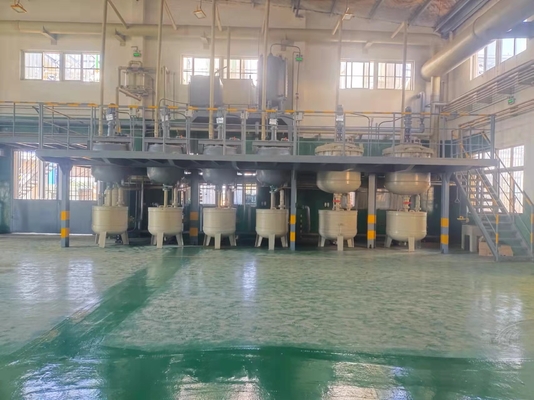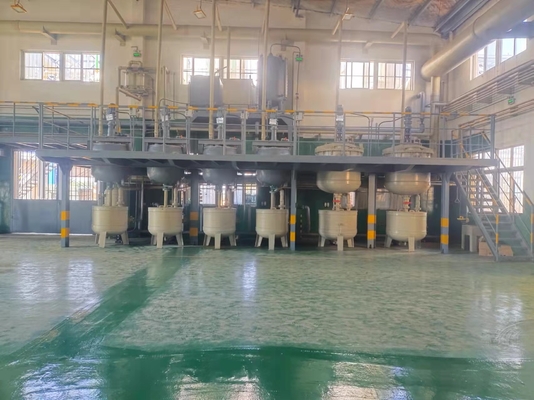Silver electrolysis
20th centuries one of most important threat is hazardous electronic wastes. we specially developed high gain values using physical and chemical method which can Project variable capacities
Our Project Team preparing feasibilities, 3D layout modeling for turn-key E-Waste Recycling plants.
Advantages;
 Nature friendly
Nature friendly
 Low-Cost operating
Low-Cost operating
 No loss process Know-How
No loss process Know-How
 High concentration and efficiency
High concentration and efficiency
 Training and consultancy
Training and consultancy
(1) Cast silver anode plate: the silver electrolysis process requires casting coarse silver into an anode plate, and inserting the cast silver anode plate into the silver automatic electrolysis equipment for subsequent electrolysis. Therefore, the process of casting anode plate must be carried out before the raw crude silver enters the electrolytic process.
(2) Preparation of silver electrolyte and recovery of waste electrolyte: the process of manufacturing silver nitrate solution and mixing silver and nitric acid in water is called liquid making. The liquid can be prepared by reacting pure silver with nitric acid. The reaction equation of silver and nitric acid is as follows:
Ag+2HNO3→AgNO3+NO2↑+H2O
When the impurity content of electrolyte is too high, sodium chloride is added to the waste electrolyte, and sodium chloride reacts with silver nitrate to form silver chloride precipitation. The generated silver chloride precipitation is returned to the silver precipitation barrel for silver precipitation, and the coarse silver obtained after filtration is melted, cast and electrolyzed.
(3) Silver electrolysis: clean the surface of anode rod, conductive bar and electrolytic hook, put it into anode plate, and then adjust the current and voltage of silver electrolysis unit to the specified value, and then start the automatic scraper system. During the electrolysis process, only one person needs to stop to inspect whether the electrolysis is normal.
Figure 3 silver electrolysis equipment
(4) Cleaning and drying: the electrolytic silver is scraped out by the automatic scraper system. After electrolysis, open the discharge valve to clean and dry the produced silver powder and cast it into the required silver ingot.
(5) Purifying electrolyte: slowly stir and add NaOH into the waste electrolyte or silver containing waste liquid in the silver precipitation barrel, adjust the pH, filter, and the obtained silver oxide is used for standby. The waste liquid is treated. Add waste electrolyte into the electrolyte purification kettle, then stir slowly, add Ag2O, adjust the pH of the electrolyte, and take samples for several times to observe the electrolyte until the electrolyte becomes colorless and transparent. Finally, HNO3 is added, the pH is adjusted to the original pH, and filtered to obtain silver nitrate solution.
(6) Anode slime treatment: add nitric acid to the anode slime, which can dissolve other metals in the anode slime except gold, and then add NaCl to the solution. Silver nitrate reacts with NaCl to form AgCl precipitation. Add iron powder to the precipitation to replace coarse silver, and then take the coarse silver to melt and cast the anode plate.

 Your message must be between 20-3,000 characters!
Your message must be between 20-3,000 characters! Please check your E-mail!
Please check your E-mail!  Your message must be between 20-3,000 characters!
Your message must be between 20-3,000 characters! Please check your E-mail!
Please check your E-mail! 




